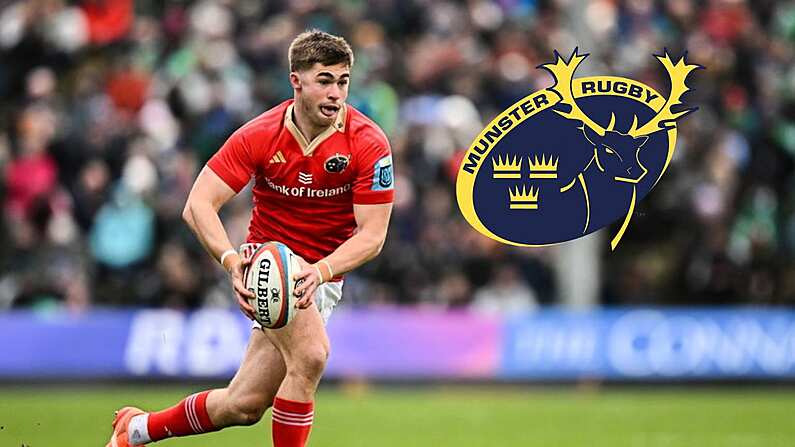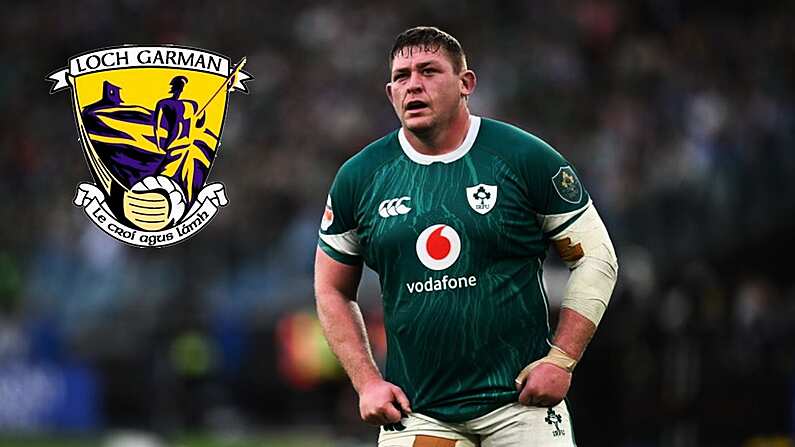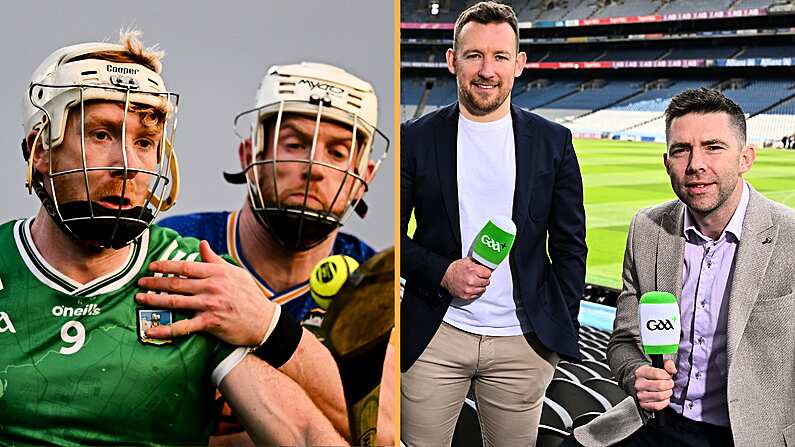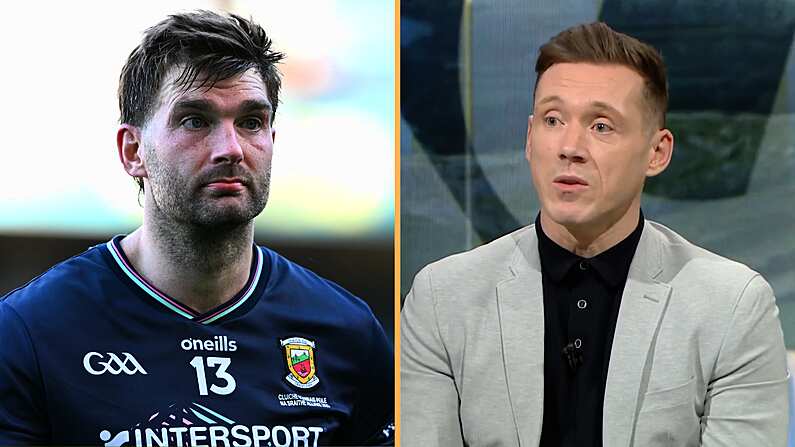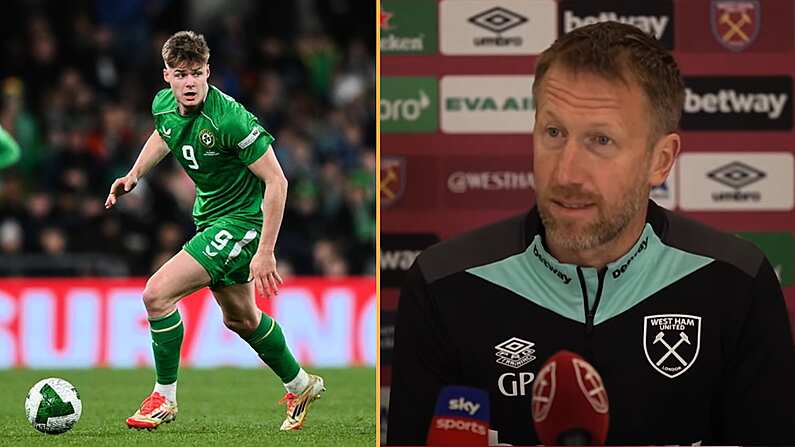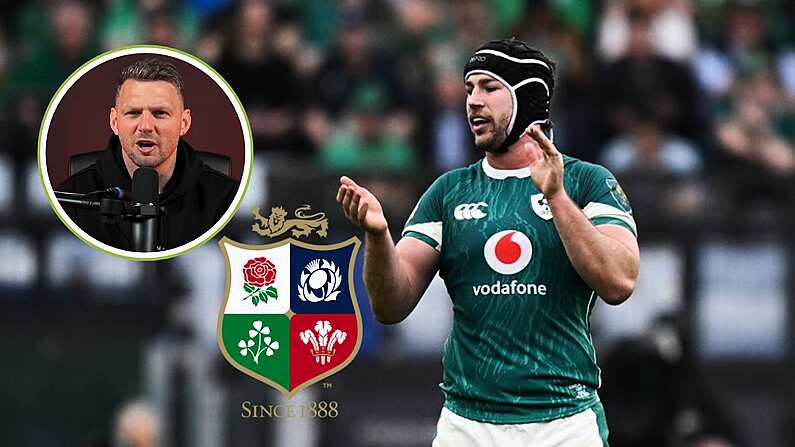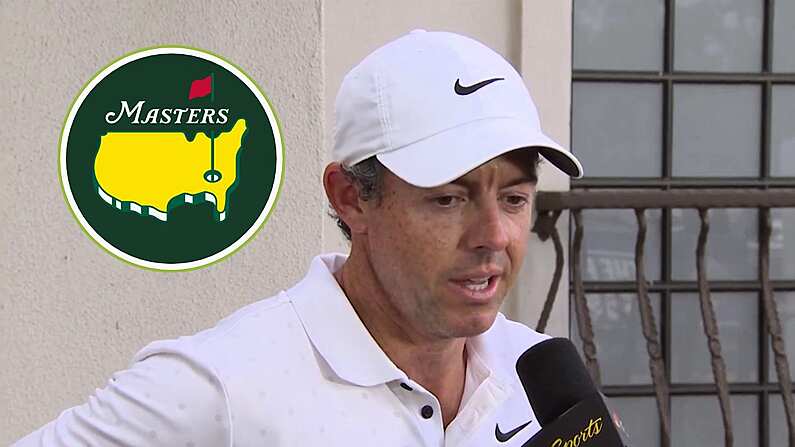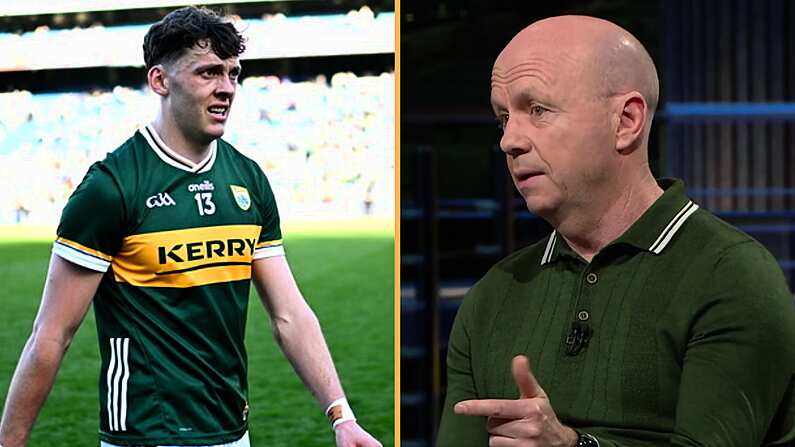Furthermore, every position is almost completely different to the other, while some actually have their own unique rules to play by. Even once you figure out the basic positions, each team asks each position to do different things within their individual schemes.
In short, it's a mouthful.
Easily the most difficult position in the NFL to fully comprehend is the most important one: the Quarterback. The quarterback is the position that most casual fans believe they understand the most, simply because they see what he does on every play. However, just like in literature, just because you read a poem 400 times over you don't necessarily understand what the poem is trying to convey.
When quarterbacks play at the high school and college levels, they can solely rely on their physical abilities to overcome their opposition. However, once they reach the professional levels of the NFL, the mental aspects of football become more important because they are facing the very best athletes on the field and the most intelligent coaches on the sidelines.
Instead of throwing to wide open receivers who run away from defenders or are sat between big windows in zone coverage, quarterbacks must anticipate when their receivers beat man coverage and throw through much tighter windows. The difficulties of the position are why rookie quarterbacks rarely win games consistently, much less make it all the way to the Super Bowl. When you're being asked to compensate for a poor supporting cast, it is often the case that decent quarterbacks are misconstrued as players who fail to develop into professionals.
For Mark Sanchez, that is the current predicament he finds himself in. Sanchez is a 25-year-old starting quarterback of the New York Jets. Sanchez is a much maligned starter who is in his fourth year with the team. The Jets made a blockbuster trade in the 2009 NFL draft in order to select Sanchez fifth overall that year, before he helped the team reach two AFC Championship games during his first two seasons. This, despite only starting 16 times in college.
Sanchez's early NFL career saw him eased into his development as he played behind a decent offensive line, with an excellent running game and a dominant defense. Sanchez was very much a passenger in the New York Jets' ferrari, as he only had to help keep his teammates going in the right direction. Last season, in Sanchez's third year, things changed however. Expectations were raised because of his development and the team's expending offensive artillery. Sanchez was no longer the passenger for this team, he was now sitting in the driving seat of the offense.
Unfortunately for the former USC standout, Sanchez was no longer driving a ferrari and he wasn't established enough yet to drive a car that had sugar in the gastank. Because of his lack of exposure at the college level, and because he was protected early in his career, Sanchez's growing pains were still evident last season. Those growing pains were highlighted because of the franchise's expectations in relation to their physical talent.
This season, Sanchez is under even more scrutiny as the iconic Tim Tebow was brought in during the off-season. To make matters worse for the Jets' current starting quarterback, what was once a ferrari has been replaced by a broken down ford fiesta. The sugar has been removed from the gas tank, it left with Santonio Holmes injury, but the engine has lost almost all of its power after a torn ACL to Darrelle Revis.
Just as Mark Sanchez should be kicking on in his career, the Jets' whole franchise is falling down around him. Sanchez is in a situation where not even Aaron Rodgers, Eli Manning or Tom Brady could meet the expectations of an ambituous fanbase. Would they perform better than Sanchez has? Certainly, but would they be leading playoff teams? No chance.
The Jets' problem is that their running game lacks explosion, their recievers are inconsistent, the offensive line is leaking and the defense is nowhere near the dominant outfit it once was. It is clear that the overall level of talent is the problem, because Sanchez has been excellent when facing off against defenses with similar talent levels. Against the Indianapolis Colts and Buffalo Bills, Sanchez has thrown 5 touchdowns to only one interception, while those two games are the only games when he has completed over 60 percent of his passes.
Beating the lesser teams in the league likely won't be enough for a head coach who has repeatedly promised Super Bowls in the past and gone on record as saying that this year's team is the best that he has ever had with the Jets. Rex Ryan's lack of humility and abrasive attitude has never matched up well with Sanchez's laid back Californian style, while he comes from a family that famously prefers to attack the quarterback position opposed to nurturing it.
The natural thought process towards the quarterback position in the NFL is that it is not like any other. A guard or running-back is what is known as a plug-in-and-play position where you simply play the best player from the group on your roster. With the quarterback, the conventional thinking is that you must choose your starter and stick with him because he will need a lot of time to develop individually and develop chemistry with his teammates. For that reason, you do not see two quarterback systems in the NFL like the ones that exist in college. When Rex Ryan and Mike Tannenbaum decided to trade for Tim Tebow, they were showing a clear misunderstanding of how to handle the position.
Tebow was let go by the Broncos because they signed Peyton Manning, but director of operations John Elway, a hall-of-fame quarterback himself, never committed to starting Tebow even before Manning arrived because he understood his limitations.
Tebow has been a very prominent figure in America since his days in college at Florida. He was one of the most successful college quarterbacks in history, but was widely doubted when the Denver Broncos selected him with the 25th pick of the 2010 NFL draft. Tebow didn't project well to the NFL because of his inability to throw the ball accurately, diagnose defenses or throw the ball orthodoxly.
Tebow played very little as a rookie before taking over the starting job midway through last season. He took over for the struggling Kyle Orton and helped the Broncos to an unexpected playoff berth. Tebow's success was largely reliant on a high quality defense, but on offense he brought a completely new type of scheme to the NFL.
Broncos' offensive coordinator Mike McCoy built an offense that maximised Tebow's strengths and minimized the exposure of his weaknesses. That offense, while effective in the situation, was very limited against better football teams. It is an offense that relies on deception to take advantage of defensive mistakes opposed to using talent to force the defense into bad positions.
It is an offense that could really help the current New York Jets' fortunes in the short-term, but in the process completely destroy the future of the franchise with Mark Sanchez. Rex Ryan is obviously reluctant to bring in Tebow, there have been many lowpoints this year when he was expected to make a change already, but if they reach a point when he is coaching for his own future in New York, then Tebow could be the answer.
That would be the definition of a catch-22 situation for Ryan. Tebow's support is such that if he plays him this year, then benches him in the future, he will be widely criticized even though it would be the right decision. Tebow's popularity stretches much further than football. In fact, those who follow just football have no understanding of the fascination(count me in that group!), but when a 25-year-old celebrity openly declares his pride about his virginity without receiving any backlash, you have to respect the power he holds over the general population.
The casual observer may not understand it, but Mark Sanchez is not the problem in New York for the long-term. While Tim Tebow may soon be the solution for the short-term, his introduction as the starting quarterback would only create more problems for the franchise in the long-term. Losing Sanchez would hurt much more financially and in the long-term from a football perspective if he landed elsewhere in an offense that was capable of providing him with the support he needs.
There are only a handful of quarterbacks in the NFL who can run an above average offense with below average pieces. Not every team can employ an Aaron Rodgers, Eli Manning or Peyton Manning however. Even players like Tom Brady can only go so far without their teammates. Brady has forever had one of the very best offensive lines in the NFL and the one season he had an outside threat, he set a single season record for passing touchdowns. That's not to say that Sanchez would set records in the same situation, but it does mean that he can't yet be ruled out as the long-term face of the franchise.
And despite popular belief, Tim Tebow isn't closer to Rodgers or the Mannings than Mark Sanchez is.


